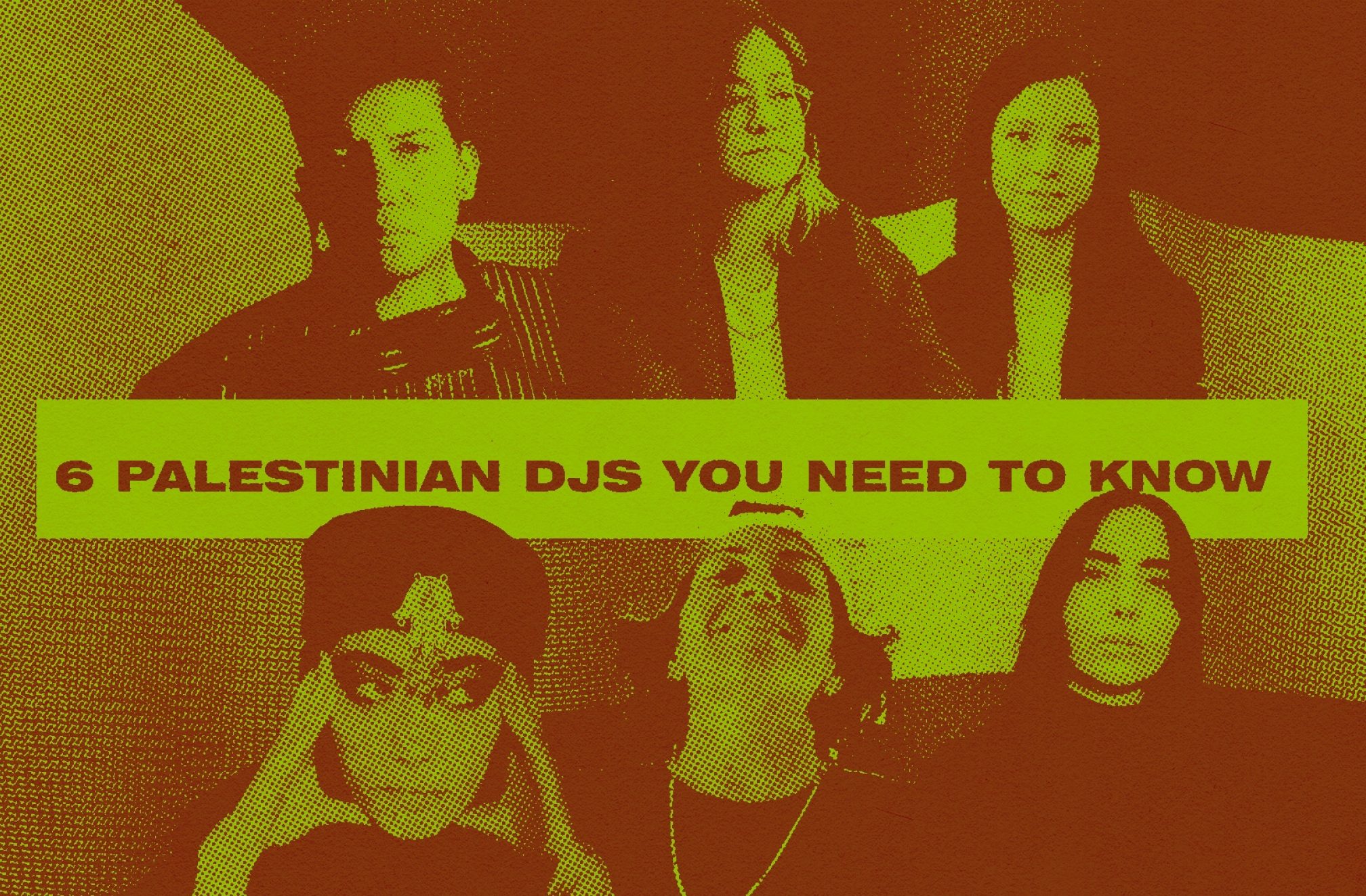 Features
Features
Culture as resistance: 6 Palestinian DJs you need to know
Alice Austin speaks to six pioneering artists from Palestine about their differing experiences and challenges as musicians
When the State of Israel was formed in 1948, 700,000 Palestinian’s were expelled or fled their homes. Many went to Gaza, the West Bank or neighbouring Lebanon, Syria and Jordan, while some were able to keep hold of their property and stay on the land formerly known as Palestine.
These days, the Palestinian experience differs massively depending on location. Mixmag speaks to six pioneering Palestinian artists about their musical journey, the challenges they face every day and the differing ways they use culture as a form of resistance.
Read this next: “This isn't about sides”: Palestinian artists call for music world to support 'basic human rights'
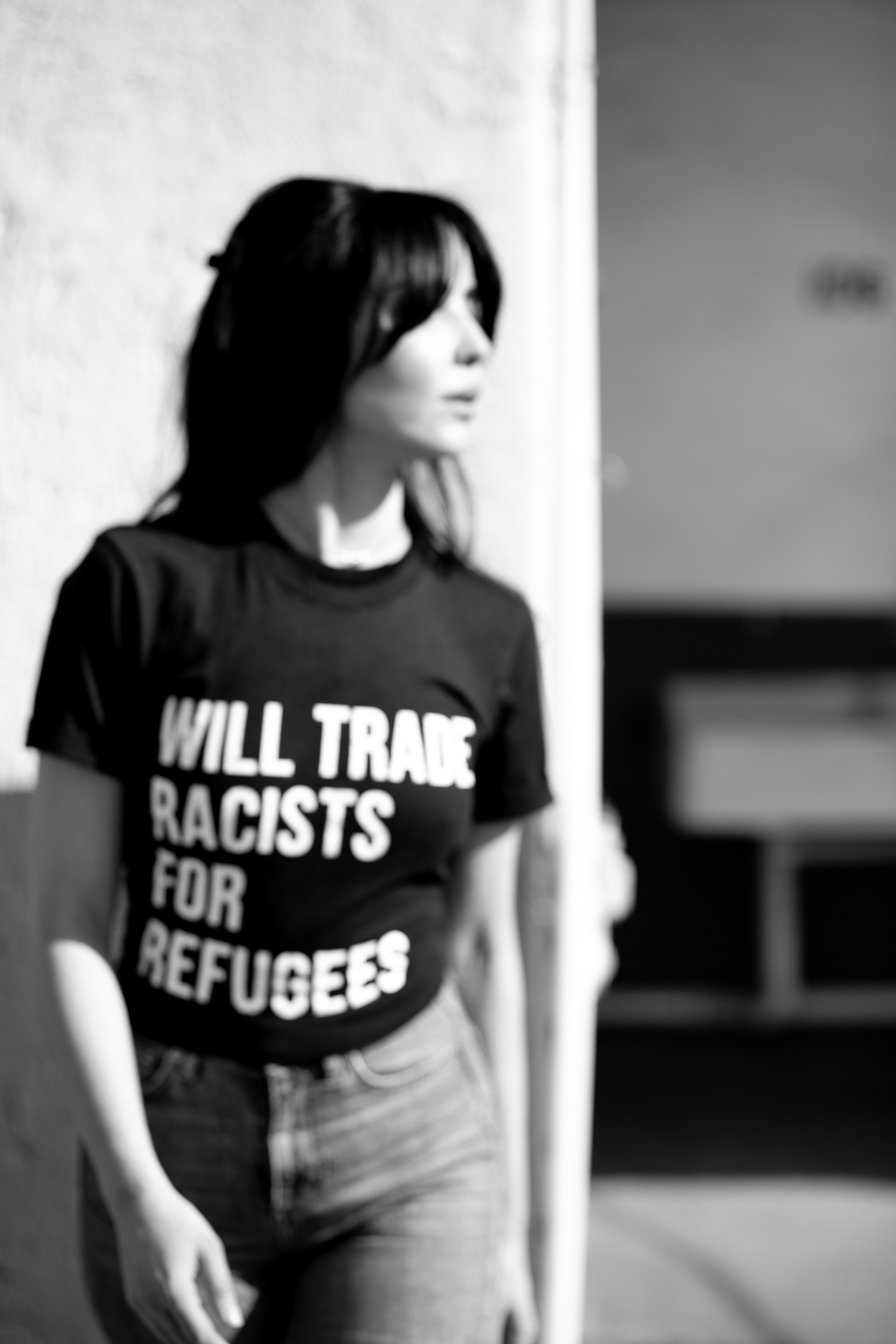
NOUR (Palestina)
Creatively speaking, there’s not much Nour Palestina can’t do. The cinematographer, DJ, producer, artist and activist was born in a neighbourhood in occupied East Jerusalem called Silwan, a short walk from some of the holiest sites in Islam and Judaism. Just like Sheikh Jarrah, increasing numbers of Jewish-Zionist settlers are moving into the neighbourhood of Silwan, and Nour was only 10 years old when she first noticed an Israeli flag hanging out the window of a house that used to belong to one of her Palestinian neighbours. “That was really hard to witness,” Nour says. “That’s when we realised things weren’t going to get any better.”
Nour started DJing nine years ago, after she went on holiday to Mexico and never really left. On her next trip back to Palestine she played in Ramallah with ODDZ and DJ, producer and rapper Dakn; but these days there are very few venues in the region that Nour feels comfortable playing. She can pass checkpoints to play at Radio or Snow Bar in Ramallah, but she doesn’t feel comfortable playing venues within Israel. “When I play in Haifa and people start speaking to me in Hebrew, it makes me feel uncomfortable, like this isn’t my home,” Nour says. “I don’t want to share my art in that environment.”
Nour doesn’t separate her art from her activism. She works with Berlin-based radio station Refuge Worldwide to run workshops for marginalised communities in Berlin and Amman, and with UNRWA to document the lives of Palestinian refugees in camps. Last year she launched her Refugee Chronicles project, where she interviews Palestinian elders in camps in Palestine, Jordan and Lebanon, and she has a million other projects up her sleeve, mostly centred around empowering Palestinian children. “Being Palestinian, we’re born empathetic,” Nour says. “I want to do things that change the situation and help future generations.”
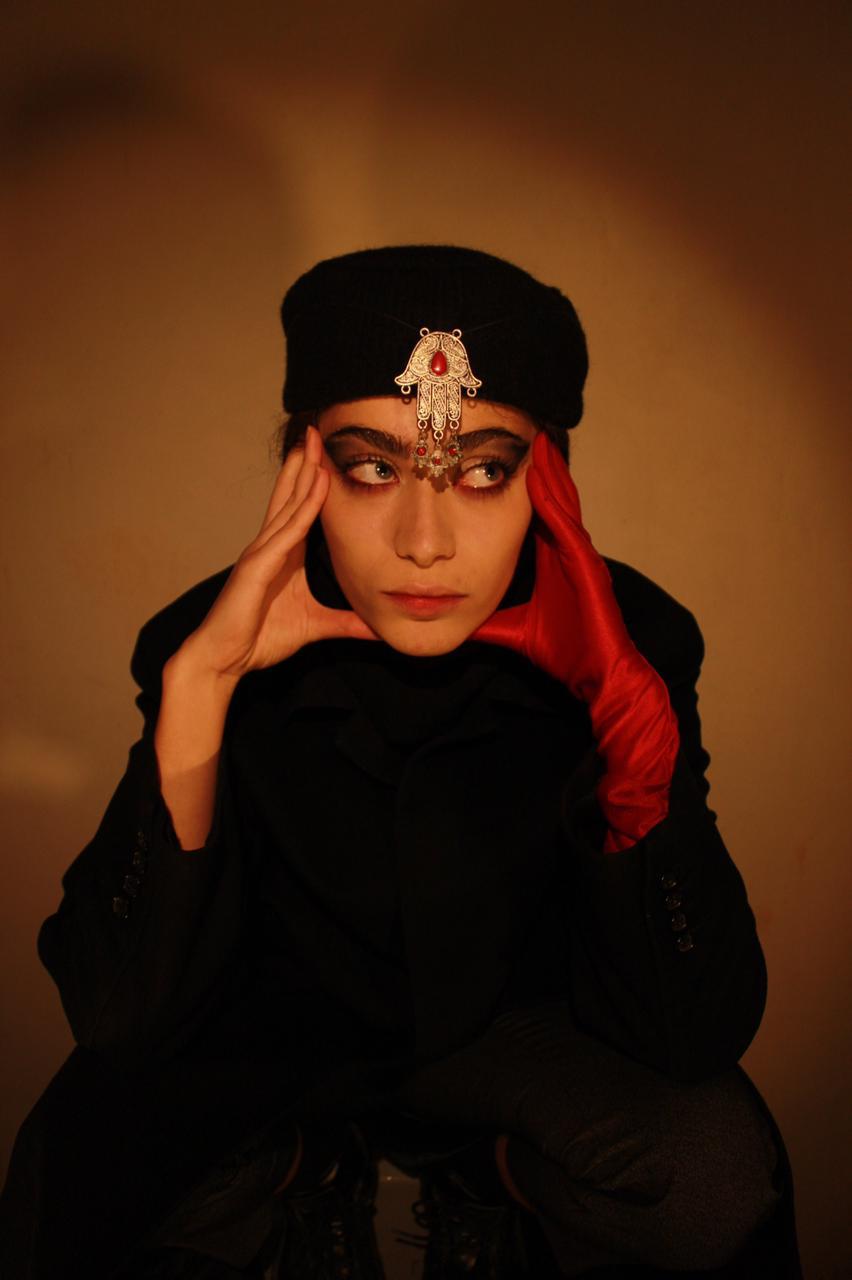
Ya Hu
Listening to one of Ya Hu’s mixes is the aural equivalent of taking a sledgehammer to the head. She developed a penchant for industrial techno while studying for her undergraduate at University in Warwick. Something about the sleepy West Midland’s town summoned a music taste that’ll make your ears bleed.
Ya Hu, Yasmin to her friends, grew up between Ramallah and Jerusalem, although today she’s chatting from a locked down Jericho. “I wanted to go the Dead Sea today but I can’t leave,” she says. Israeli checkpoints have been set up at every entrance to the city to stop anyone from leaving because they’re looking for suspects in a shooting. This later turned into a deadly siege.
For Yasmin, music is a way to cope with the deadweight of occupation, rather than escape it. Music helps her expend energy and create a sense of positivity in a world where negativity can feel unavoidable. “Music will always be part of my life whether I live under occupation of not,” she says. Since Yasmin played her first gig in 2017 in Ramallah, her first cousin and DJ royalty Sama’ Abdulhadi has been her mentor. “When I made the mix for our Beatport residency, she made me practice every transition like 500 times,” Yasmin laughs. “She’s such a perfectionist.”
Since COVID locked the world down, the once-vibrant scene in the Occupied Palestinian Territories (OPT) has been forced further underground. The OPT is home to a vast array of different cultures, classes, experiences and levels of oppression, and as the chokehold of occupation and settler expansion grows, so does tension within Palestinian society. As people turn to religion for security and stability, they turn against the freedom dance music represents.
Read this next: Downtime: SAMA's Lockdown Releases Mix
“Society in general frowns upon music at times of mourning,” Yasmin says. However with 29 Palestinians killed in January 2023 alone, Yasmin and her community are always grieving. Although Ramallah’s key venue Radio, AKA Beit Aneeseh, is still open and booking artists, Yasmin says the anxiety of throwing a full-on club night isn’t worth it. Now, the threat to safety doesn’t just come from occupation forces, but from conservative members of her own community.
But as an artist, Yasmin has a bright future ahead. She recently played at Kater Blau in Berlin and has a mix coming out on NTS. “I definitely want to continue with music, and learn to produce or go into music management,” Yasmin says.
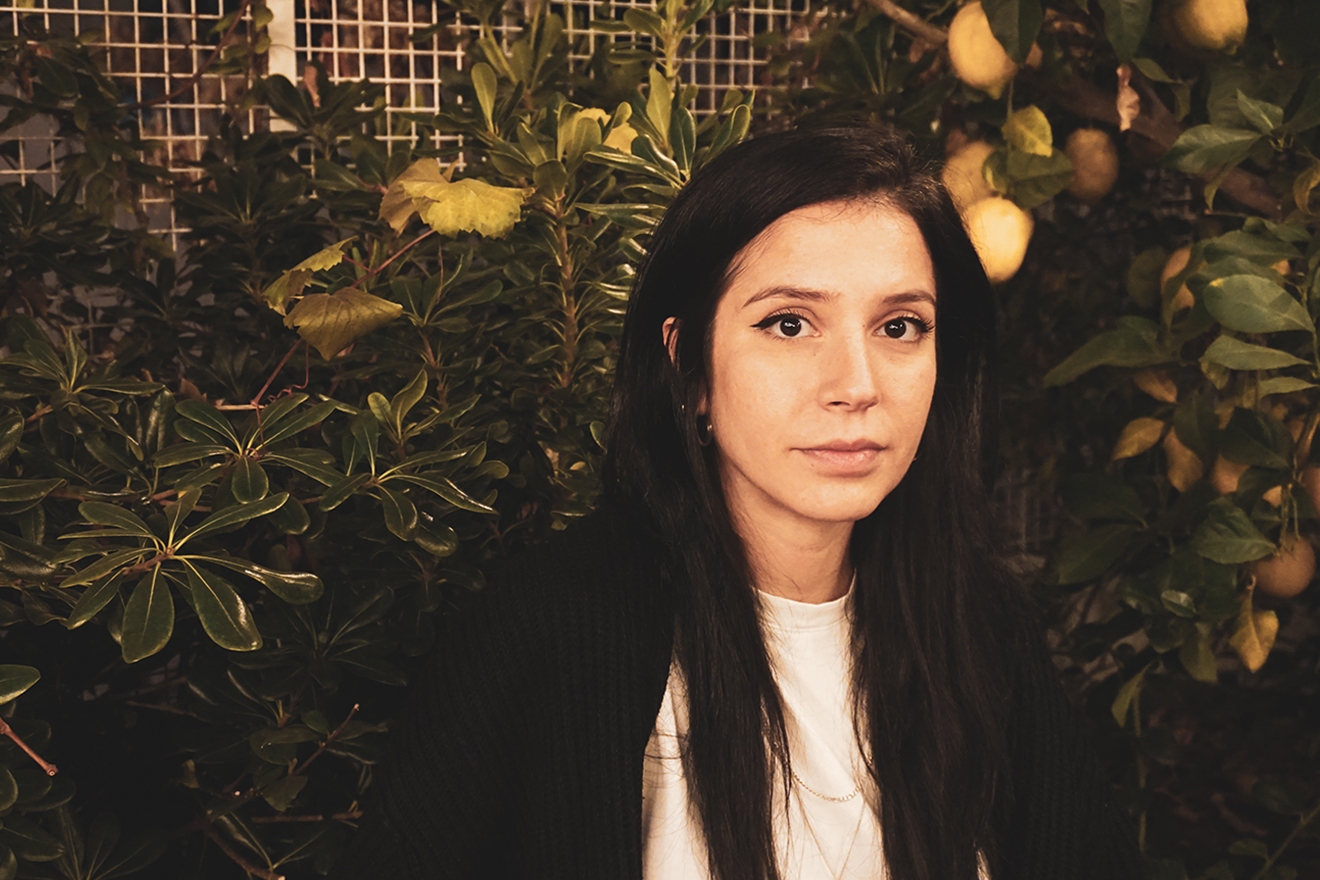
Haya
Haya was born in Akka, a port city just off the Mediterranean coast in northwest Israel. She went to school in Akka’s Old City where the sound of Arabic music filled the streets and the call to prayer rang through the air five times a day.
Haya spent most of her adult life in Haifa where she became a human rights lawyer, helping Palestinian communities navigate court appearances and combat land theft and settler violence. About 30% of Haifa’s population is Palestinian, so moving to Tel Aviv in 2018 was a culture shock. “Tel Aviv doesn’t have Arabic speakers,” Haya says. “You don’t hear it in the street or in bars, so it did make me feel like an outsider.”
Haya bought herself a controller at the end of 2021, inspired by the sounds of Moktar, Toumba, Hassan Abou Alam, DJ Plead and Assyouti. She started mixing a unique blend of electronic music with Arabic rhythms; a sound that felt true to her identity. When the crew behind Kabareet, a Palestinian venue in Haifa, found out she’d learnt to DJ, they invited her to play. Her performance was such a success she’s been fully booked ever since.
But Haya’s decision to live in Tel Aviv isn’t always easy. The city is predominantly Jewish-Israeli, so it’s impossible to have a career in music without playing at Israeli-run venues, which invites criticism from her Palestinian peers. Meanwhile, she must navigate being tokenised by the Israeli-Jewish community as well as day-to-day prejudice against Palestinian citizens of Israel. Haya even gets judged by people with no affiliation to the region. “It’s ridiculous that a German person will criticise me for living in a city one hour away from where I grew up,” she says.
Read this next: Arabs Do It Better: the party championing Arabic music in the Holy Land
Haya’s predicament highlights the experience Palestinian Citizens of Israel face daily; racism and prejudice from Israeli society, while being boycotted by their own community for playing certain venues. “I am not confused about my identity,” Haya says. “I am Palestinian, I was raised in a Palestinian home, my parents are internal refugees. I know what I believe in. I come like a foreigner to Israeli venues; and only to ones that share my values and political understanding.”
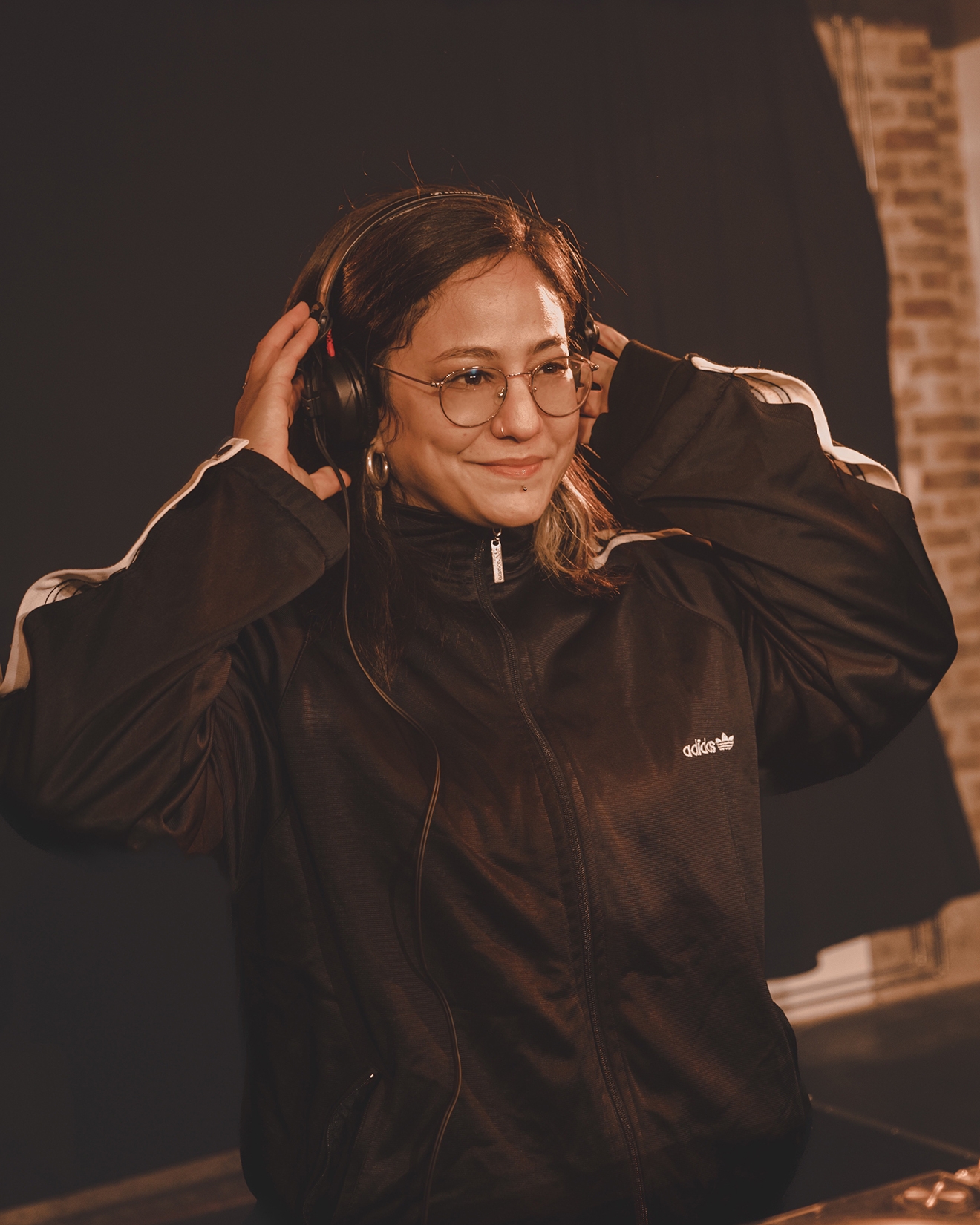
Hiba Salameh
Hiba Salameh was born and raised in Haifa, although these days she spends most of her time travelling the world. She finished a tour of Germany in December and just returned from a film festival in Claremont in France, where she premiered her short film Hamza: Chasing the Ghost Chasing Me. For Hiba, music, film, art and activism have always been intertwined and she uses creativity as a tool to tell stories of Palestinian culture, identity and history.
Read this next: Muqata'a turns the noise of warfare into protest music
As a kid, Hiba played piano and organ. Music was her passion, and after an accident left her hospitalised for a year age 18, she decided to waste no time pursuing her dream. Without full use of her left arm she turned to electronic music to express herself, and started traveling the world collecting music from the Arab world as well as Mexico, Spain, Brazil and Berlin. She started DJing in Haifa, Ramallah and Jaffa, playing an eclectic blend of music that transcends borders. “I think we’re a depressed generation - not just here, but all over the world,” Hiba says. “So I want to bring joy when I play music, especially to oppressed, unheard people.”
Hiba will release her debut EP this year. “I finally decided on my sound,” Hiba says. “It’s a mixture of all the genres that have affected me.” Hiba took her time releasing music because she’s spent a lot of her career trying not to be pigeon-holed. Promoters expect her to play just Arabic music, which feels limiting at best, and just one of the many challenges Hiba must navigate as a Palestinian artist.
“I get a lot of offers to play but it’s important I understand their agenda, their political view and the people who will be there before I say yes,” Hiba says. “My activism is for Palestinian’s to see me as a female artist on stage and feel empowered.”
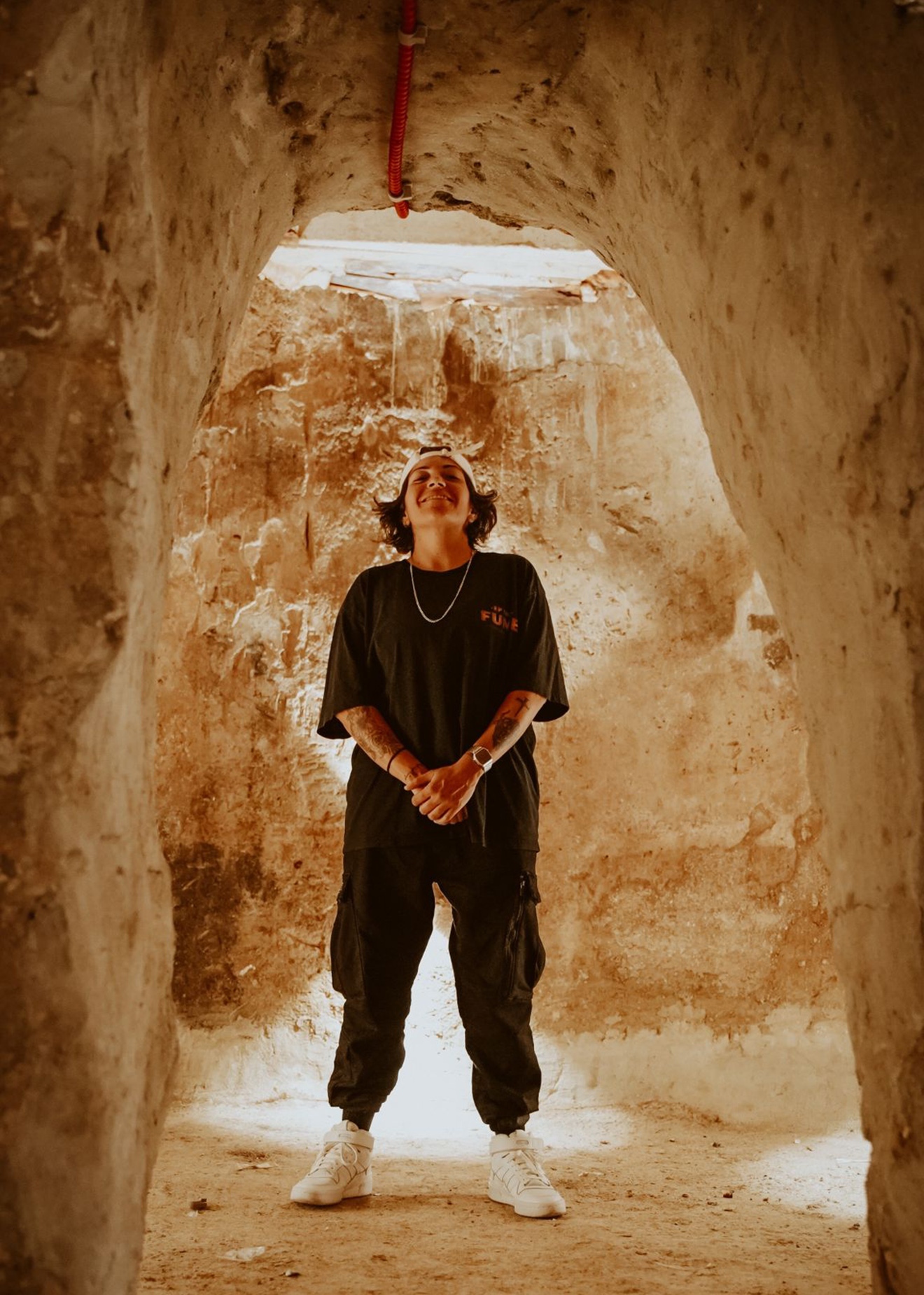
Yasmine Eve
Yasmine Eve grew up in Nazareth, a biblical city in Israel not far from Haifa. It’s where the angel Gabriel told Mary she would bear a child, and it’s home to Joseph’s carpentry workshop too. 70% of Nazareth’s Palestinian population is Muslim, 30% is Christian, however Yasmine says “I don’t belong to any religious group, but directly to the lord.”
Yasmine spent her childhood between Nazareth and the US, but always felt deeply connected to her homeland. She started DJing in 2013, and was soon embedded in Haifa’s local underground. Her sets tread the line between house and techno, and she has a knack for soaring builds and hammering drops.
Yasmine sees music and culture as a tool to connect, which is why she launched her party Blue Elephant in 2021 with two friends. “It was based on the concept of having a space for everyone to feel themselves, feel comfortable, feel loved, and share music from the region,” Yasmine says. “We wanted to connect Haifa with Ramallah and East Jerusalem and bring Palestinian artists together.” But growing up under occupation with no freedom of movement and growing up within Israeli borders with freedom of movement presented difficulties within the community.
“The reality is I live around Israeli’s and I have an Israeli passport, and I can’t change that,” Yasmine says. “But I know where I come from, I fight for Palestine and I fight for our freedom.” It’s a complex and confusing reality for Palestinian citizens of Israel, but the increasingly erratic behaviour of the Palestinian Authority in the OPT is leaving artists with nowhere to turn. On a recent visit to Ramallah, 6 plain-clothed officers pulled a gun on Yasmine because she was speaking too loudly. The experience left her traumatised. “I was speaking to them in Arabic like, ‘we’re the same bro - why are you doing this?’”
Blue Elephant disbanded last year, and Yasmine will take time to re-group and find a new way to express herself. “First and foremost, I’m a human being," she says. “I’m no better than anyone else, and no one else is better than me.”
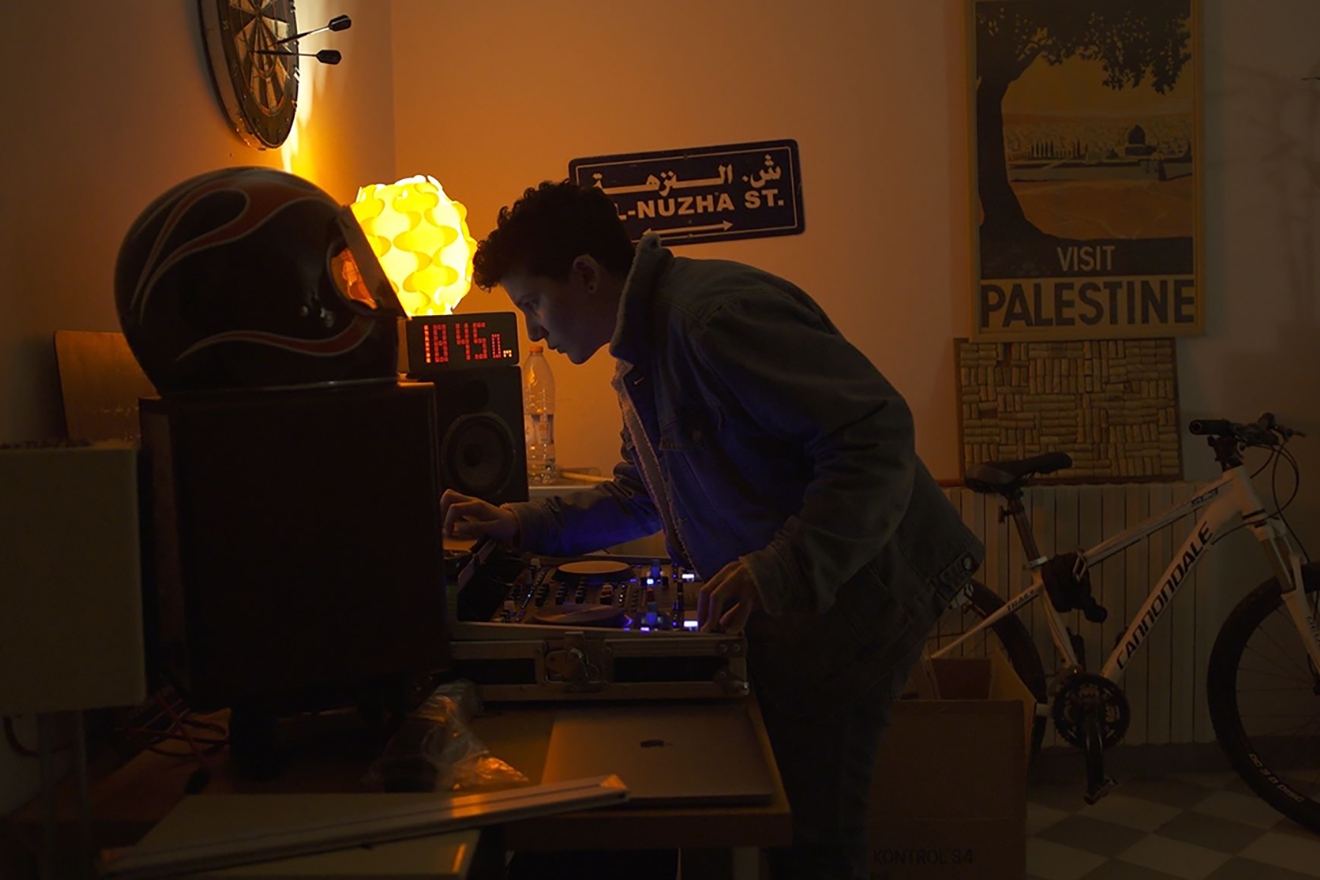
Sarouna
Before Sarouna became a sound engineer, producer and DJ, she mastered the qanun, a stringed instrument that originated in the Assyrian Empire in 1800BC. In 2013 Sarouna won a scholarship to study qanun and music production/audio engineering at Berklee College of Music in Boston, making her the first person ever to play qanun as a principle instrument.
She picked the qanun up when she was about 7, even though no one else in her family is musical. She’s from the Mount of Olives, just east of Jerusalem's Old City and home to many holy sites in Christianity, Islam and Judaism, making Sarouna’s hometown a place of historical contention. She grew up amidst the second intifada, when funerals and home demolitions were the norm, and found inspiration in Palestinian hip hop collective DAM and solace in recreating their beats on Fruity Loops.
Once she graduated she returned home and dove head-first into Palestine’s underground, shaping the sights and sounds of Ramallah, Haifa and Jerusalem and producing music under her record label Tawleef for artists such as Maya Al Khaldi. She’s in the process of writing her own album, which attempts to reclaim the traumatic noises she’s surrounded by. “I really want to incorporate parts of what I lived through,” Sarouna says. “So there's a lot of sampling, a lot of field recordings. My generation has sonic trauma. We feel the effects of the intifada daily and continue to experience it while we live under occupation.”
Sarouna says there’s always tension between wanting to make music as an artist, living through constant trauma, and feeling guilty for creating under so many layers of oppression. “It's normalised to see people get shot and to have part of your house burned down and see your cousin go to jail. But once you see how other people exist you realise it’s not normal, it’s wrong.”
Alice Austin is a freelance writer, follow her on Twitter


